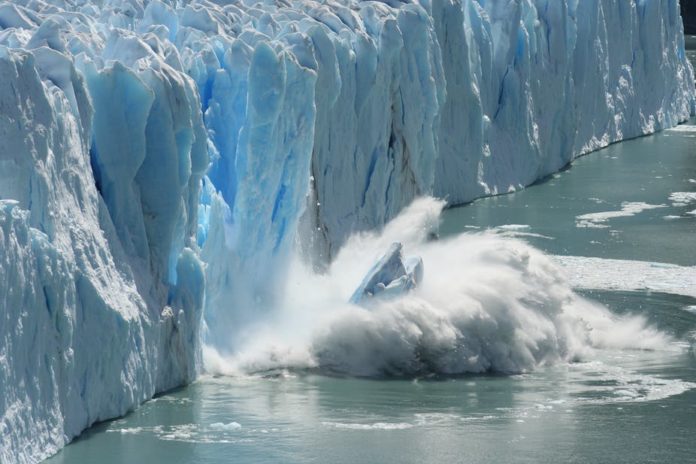PARIS, July 7, 2018 (BSS/AFP) – Six sovereign wealth funds will pledge Friday to fight climate change at a meeting hosted by Emmanuel Macron, as the French president pushes his “make our planet great again” message.
The funds manage assets with a total value of $3 trillion and include that of Norway, the biggest in the world, valued alone at $1 trillion.
Four Gulf funds — those of Kuwait, Qatar, Saudi Arabia and the United Arab Emirates — have also signed up to the charter, which commits them to investing in companies that factor climate risks into their strategies.
New Zealand’s sovereign wealth fund has also joined the imitative, set to be unveiled by Macron and Norway’s Prime Minister Erna Solberg at a press conference Friday evening.
The funds — mainly fed by revenues from the fossil fuels blamed for global warming — have also promised to publish data on how they are reducing their carbon footprint as many countries across the globe shift to cleaner energy.
“The transition to a low-carbon economy creates new investment opportunities,” the six funds said in the charter.
They expressed hope that the agreement would help “tilt the trajectory of the world economy towards sustainable growth and avoid catastrophic risks for the planet”.
The funds first agreed to work together on environmental issues at the “One Planet Summit” in France in December, organised by Macron after US President Donald Trump pulled out of the Paris climate accord.
Trump, who faced global condemnation for the June 2017 decision, painted the agreement as a “bad deal” for the US economy.
With his catchphrase “Make our planet great again” — a riposte to a favourite slogan by Trump, a climate change denier — Macron has pitched himself as a leading figure in rallying the world to action against global warming.
Environmentalist critics charge that his government has had a lacklustre record in its first year, however, giving ground to powerful farming and industrial lobbies.
In December, France backed a new EU plan to combat endocrine disruptors — chemicals which can cause tumours and birth defects — which was criticised as too weak by many scientists and NGOs.
Macron had also promised that France would ban the controversial pesticide glyphosate within three years, but has ultimately left it to industry bodies to self-regulate and phase out the chemical by 2021.
A target to reduce France’s reliance on nuclear power for electricity to 50 percent from 75 percent has also been put aside until after 2025 — though Macron maintains this is necessary to ensure France meets its emissions targets.
Macron’s supporters argue that he is being pragmatic on the environment, giving political backing to green causes while taking gradual steps towards more eco-friendly policies.



